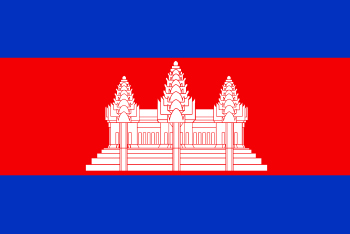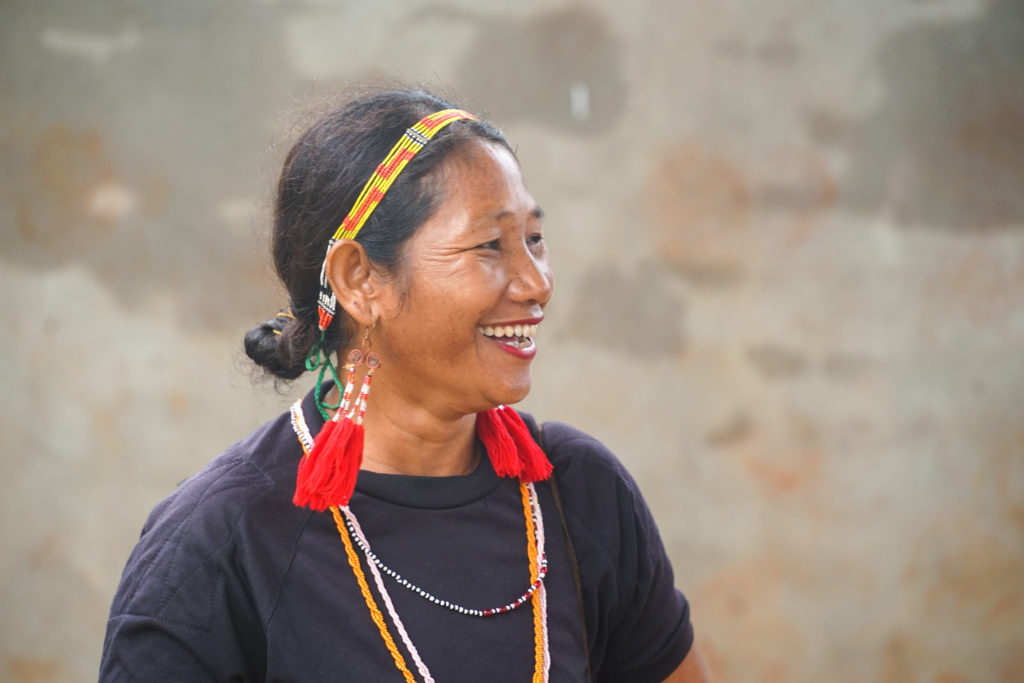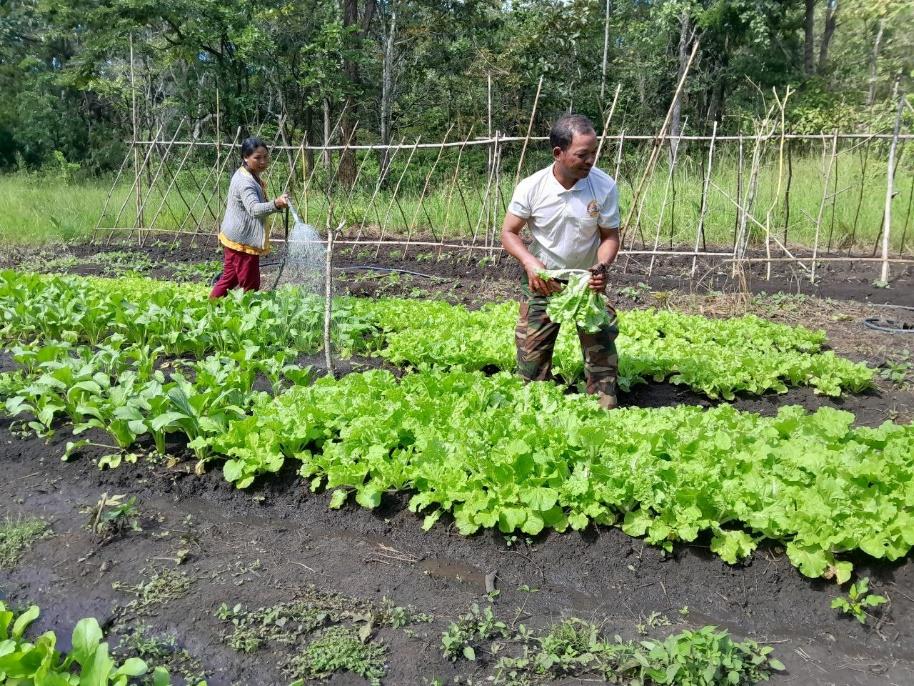 Cambodia Mondulkiri
Cambodia Mondulkiri
$30,426 needed of $40,000

Implementing Organization
World Hope International (WHI)
Program Summary
This program is focused on innovation and aims to increase income for farmers and provide local employment opportunities for youth. It is integrated with a larger, on-going community development program.
This program is promoting market-driven, climate-smart agriculture practices to enhance Bunong traditional farming systems and piloting alternative livelihoods in selected villages in Mondulkiri province of Eastern Cambodia along the Vietnamese border. In addition, key engagement of youth for entrepreneurship and life skills training are part of this pilot program
The program is beginning wtih on-farm trials for the first 2 years to consider how growing seasons affect production and market before results are applied to many target areas in Mondulkiri Province and beyond.
Loung's Story - Cambodia Mondulkiri
Success Stories

Fresh Local Vegetables for the Tourism Trade
Indigenous Bunong people living in Mondulkiri province are growing fresh organic vegetables to enhance their income from visitors at their popular ecotourism site.
Mondulkiri, located in Eastern Cambodia, along the Vietnam Border is sparsely populated yet rich in natural wonders like mountains, forests, and waterfalls that invite ecotourism. One of these sites is Nam Lear Mountain within a community protected forest area.
Last year, Nam Lear hosted around 10,000 visitors. A modest entry fee is required for all guests, $.25 for Cambodians and $1 for others. This fee provides a small income for the community and helps to maintain the parking and restrooms. However, the community realized they were missing out on another opportunity increase their income.
The only on-site food option available for all of these guests was Bunong soup, a local specialty cooked inside a piece of bamboo. Community leaders became interested in growing vegetables with a specific purpose in mind. Their idea was to sell both fresh vegetables and prepared food to Nam Lear tourists. Any surplus, they reasoned, could also be sold at the bustling market in nearby Bousra.
After the leaders began working with World Hope International (WHI) staff, they decided to create a training farm near Nam Lear. Initially, the team looking after the farm consisted of six community members. However, when people started to see the vegetables growing and the first harvest was sold at Bousra, others became interested. There are now 10 team members tending the farm, the cultivated area of which has more than tripled in size.
A large percentage of the vegetables sold at the Bousra market are imported from Vietnam. Many customers are concerned about the large amounts of chemicals believed to be used by Vietnamese farmers. The idea of having organic vegetables, locally grown by people they know is exciting for customers and is helping drive demand for increased local production.
Cambodia Mondulkiri Program
Led by World Hope International
